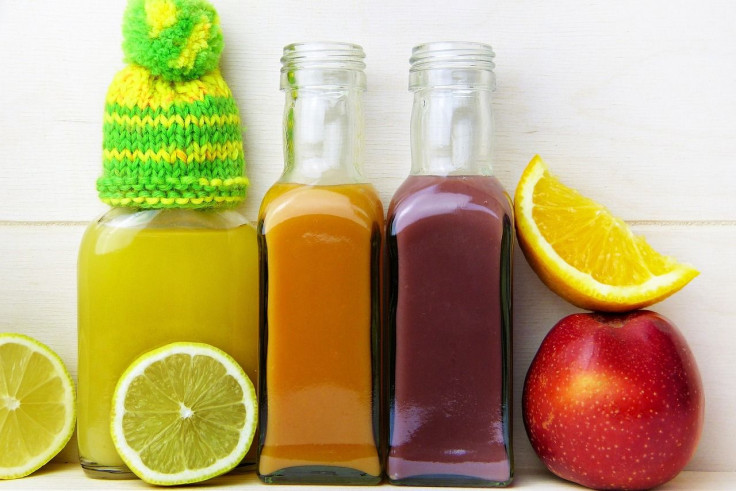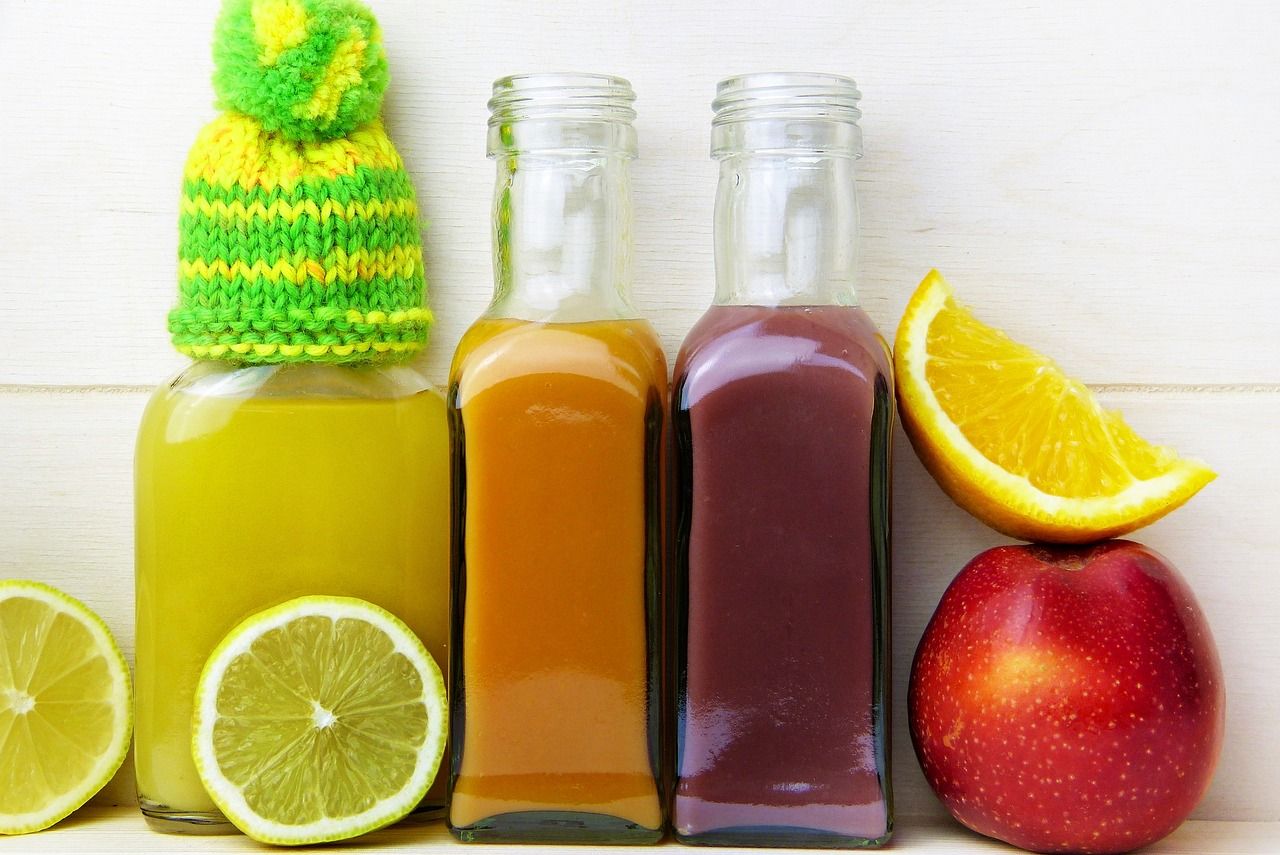Certain beverages that Americans reportedly swear by contain toxic substances that exceed federal safety standards, a new study finds.
Of the 60 different beverages studied, at least five were found to contain levels of toxic metals that did not comply with federal drinking water regulations.
Two mixed juices had arsenic levels above the 10 μg/l limit, while cranberry juice, mixed carrot and fruit juice, and oat milk all had cadmium levels above the 3 parts per billion limit.
The results of the study were published in Journal of Food Composition and Analysis.
25 different toxic metals and trace elements were studied across a variety of beverages including single and blended fruit juices, plant-based milks, sodas and teas. Mixed fruit juices and plant-based milks (such as oat milk or almond milk) have been determined to contain higher levels of toxic metals than other beverages.
Seven of the 25 elements tested were found to be present in high concentrations in some beverages. These elements include nickel, manganese, boron, cadmium, strontium, arsenic and selenium.
Lead was common in all the different beverages studied, containing lead in more than 93% of the 60 samples.However, most contained very low levels: less than one part per billion, according to future sense.
The highest levels were found in lime sports drinks (6.3 μg/kg), although this did not violate the Environmental Protection Agency and World Health Organization drinking water standards.
Tewodros Godebo, lead author and assistant professor of environmental health sciences in Tulane University’s School of Public Health and Tropical Medicine, said the study is important because it is an eye-opener about the composition of beverages in the United States.
“Surprisingly, there isn’t a lot of research on toxic and essential elements in soft drinks in the U.S.,” Godebo said, according to Science Daily. “It made people realize that more research needs to be done.”
In theory, these beverages may not pose much of a threat to adult health because they are consumed in smaller quantities than water, but parents should be hypervigilant about what they are offering their children, Godebo said.
“People should avoid giving infants and young children mixed fruit juices or plant-based milks in large quantities,” he told ScienceDaily. “Arsenic, lead and cadmium are known carcinogens that have been shown to cause internal organ damage and cognitive impairment in children, especially early in brain development.
Most of the toxic metals found in beverages are difficult to remove because they come from contaminated soil, Godebo said.
“These metals occur naturally, so it’s very difficult to remove them completely.”
He added that further risk assessment measures will be taken to determine whether the toxic substance has a direct impact on children and adults.
“We’re interested in continuing to explore ingredients in the beverages and foods we sell to consumers,” Godebo said.

Pixabay/silviarite
Published by Medicaldaily.com


